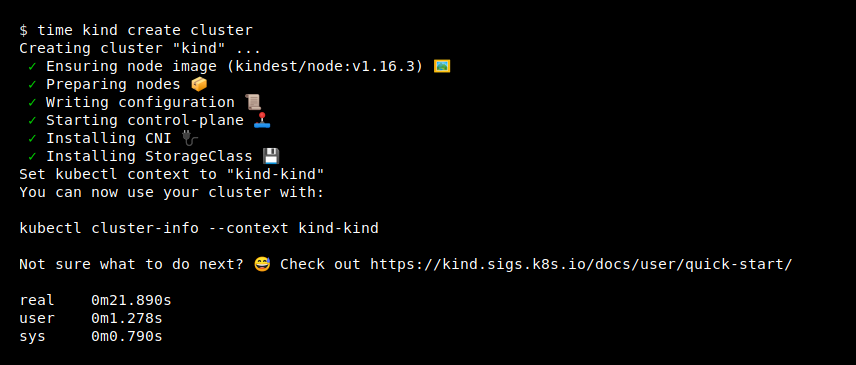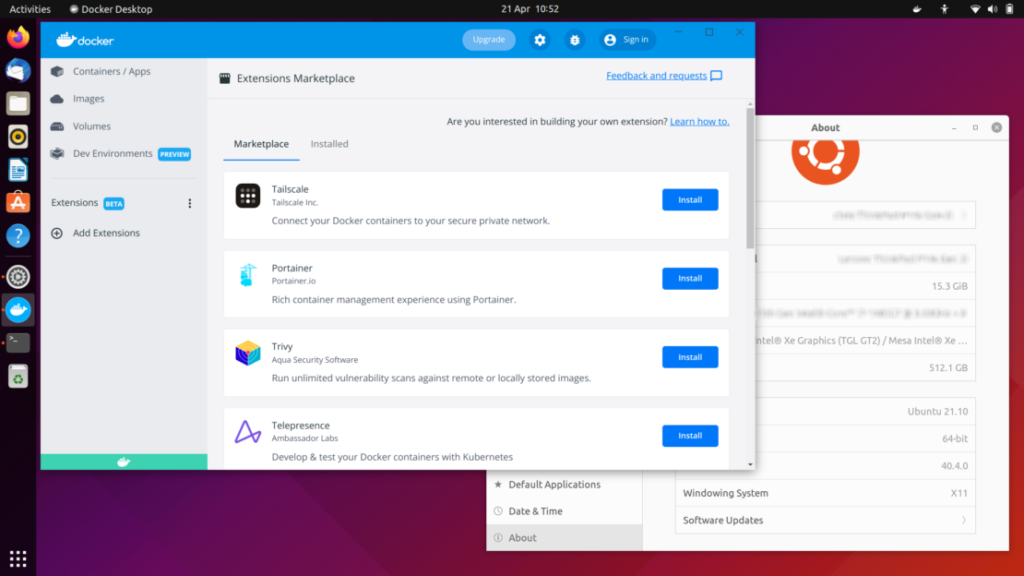
Kubernetes has become the go-to orchestrator for containerized applications, powering the deployment and scaling of applications across various environments. While Kubernetes is immensely powerful, setting it up and running it locally for development and testing can be a complex task. This is where local Kubernetes tools come into play, simplifying the process and allowing developers to create a Kubernetes cluster on their own machines. In this comprehensive guide, we’ll explore popular local Kubernetes tools like k3s, k3d, kind, microk8s, minikube, Docker Desktop, and more.
1. k3s: Lightweight Kubernetes Distribution
K3s is a lightweight, easy-to-install Kubernetes distribution designed for resource-constrained environments. It is perfect for local development and testing, providing a simple setup without compromising the essential functionalities of Kubernetes. With k3s, you get a full-fledged Kubernetes cluster in just a few minutes, making it an excellent choice for individual developers or small teams.
2. k3d: k3s in Docker
K3d, short for “k3s in Docker,” is another fantastic tool that allows you to run k3s inside a Docker container. This approach offers a convenient and isolated way to run a lightweight Kubernetes cluster locally. K3d is excellent for experimenting with k3s or Kubernetes features without interfering with your system’s configuration.
3. kind: Kubernetes in Docker

Kind, or Kubernetes in Docker, is a tool for running local Kubernetes clusters using Docker container nodes. It’s designed to be consistent with a production Kubernetes setup while being easy to set up and use locally. Kind is ideal for testing applications in a Kubernetes-like environment before deploying to a production cluster.
4. microk8s: Lightweight Kubernetes for Any Machine
Microk8s, developed by Canonical, is a lightweight Kubernetes distribution designed for IoT, edge computing, and local development. It’s fast to install and provides a full Kubernetes cluster that’s easy to manage. Microk8s is perfect for developers who want a fully-featured Kubernetes environment on their local machine without the complexity.
5. minikube: Quick and Easy Kubernetes
Minikube is one of the most popular tools for setting up a local Kubernetes cluster. It provides a single-node Kubernetes cluster that can run on your laptop or workstation. Minikube is easy to install and offers a great way to test your applications in a Kubernetes environment before deploying to a production cluster.
6. Docker Desktop: Built-in Kubernetes for Docker Users

Docker Desktop, a widely used tool in the containerization world, includes an integrated Kubernetes feature. This allows Docker users to enable and run a Kubernetes cluster directly from the Docker Desktop interface. It’s a seamless option for developers already familiar with Docker who want to experiment with Kubernetes locally.
Conclusion
Local Kubernetes tools like k3s, k3d, kind, microk8s, minikube, and Docker Desktop simplify the process of setting up a Kubernetes environment for development and testing. Whether you need a lightweight distribution, a Docker-based solution, or an integrated option, these tools cater to various needs. Experiment with these tools to find the one that best fits your workflow, making Kubernetes development on your local machine a breeze. Happy Kubernetes coding!